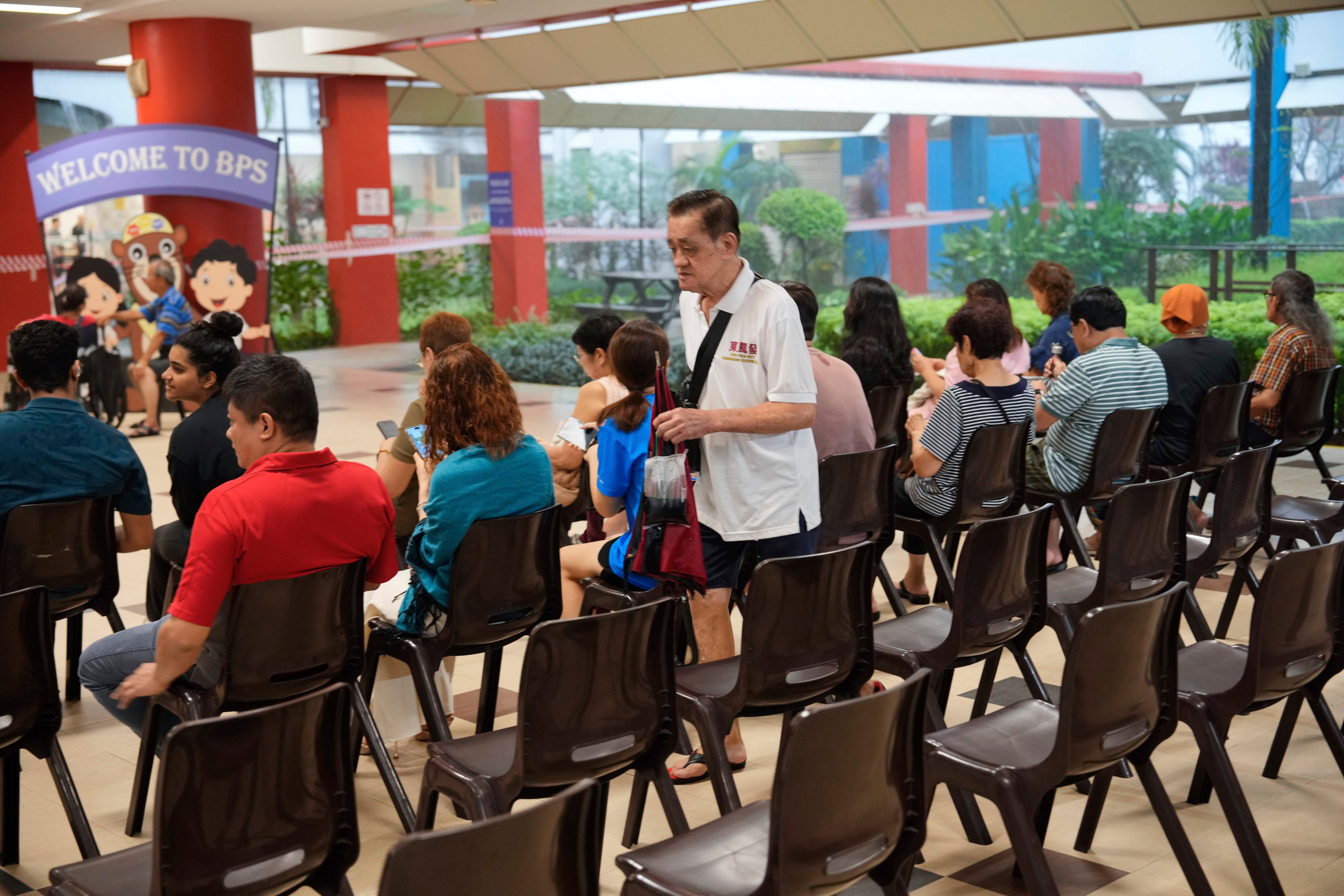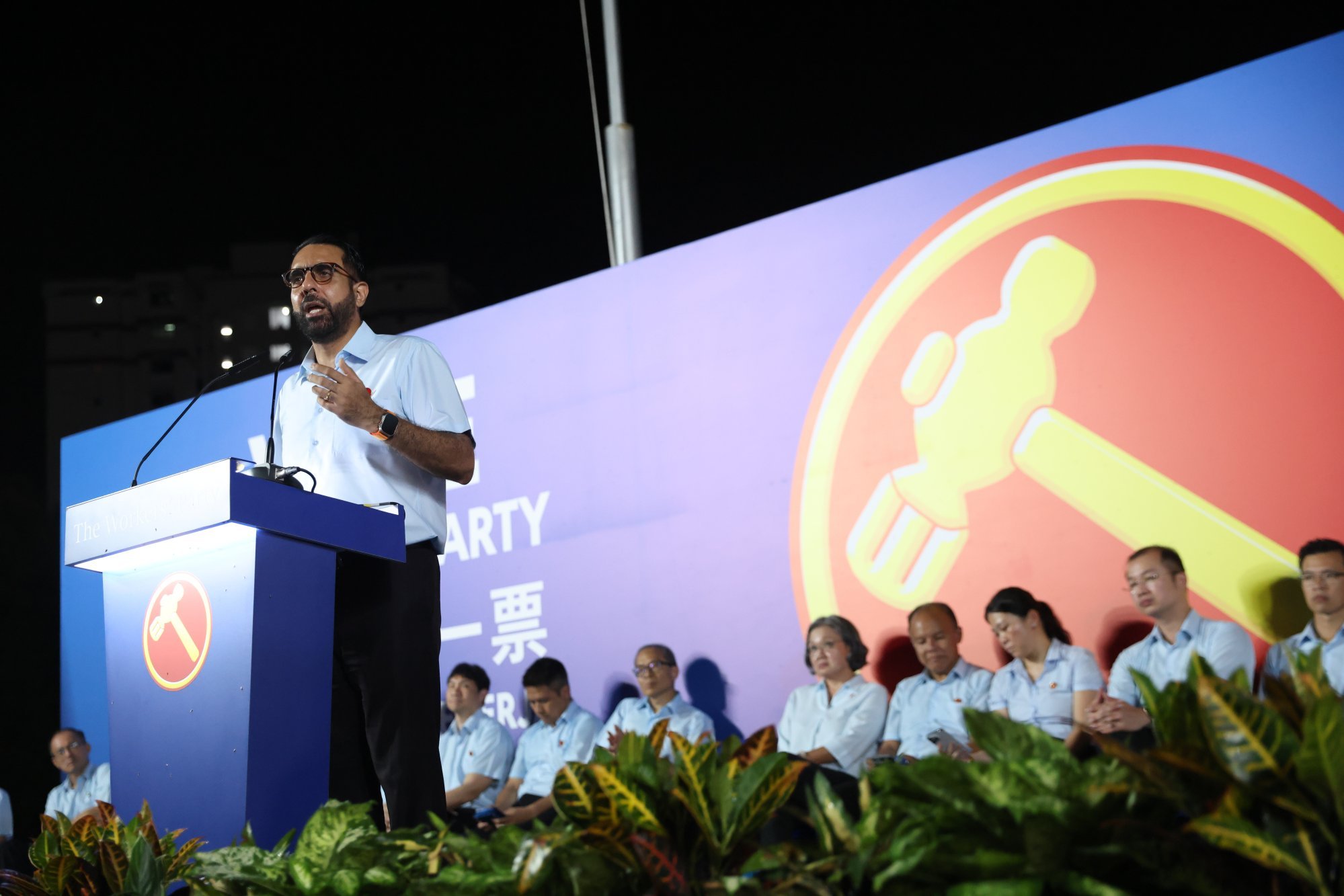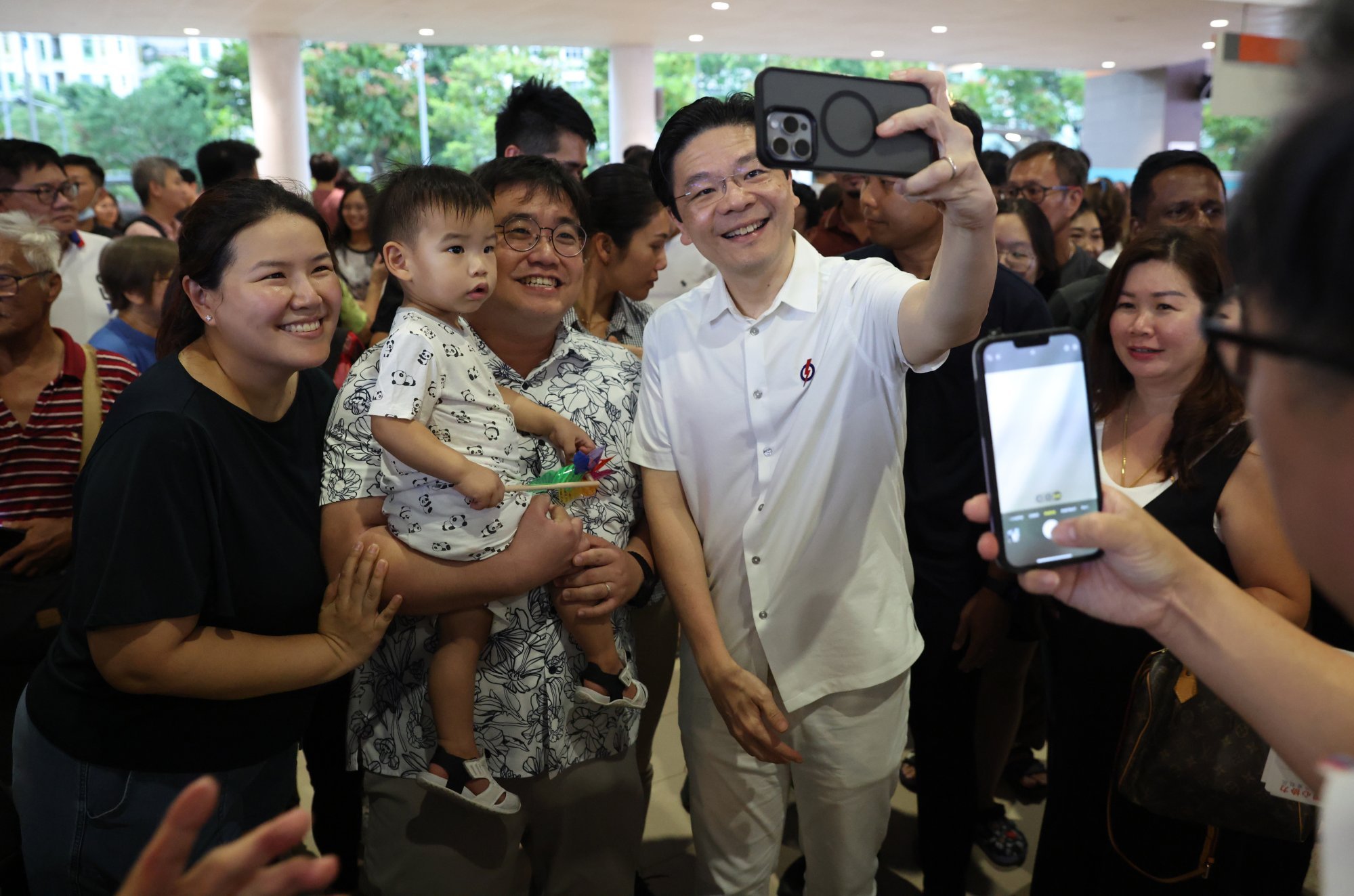Singaporeans vote in election overshadowed by cost-of-living pressures
The race will be closely watched as a gauge of public confidence in Prime Minister Lawrence Wong’s leadership

Singaporeans began voting on Saturday in a general election, where Prime Minister Lawrence Wong faces his first major test against the opposition, as discontent grows over the rising cost of living.
Wong’s People’s Action Party (PAP) has won every election since the city state gained independence in 1965.
Wong, who took office last year, hopes to clinch a stronger mandate after the PAP suffered a setback in 2020 polls over voters’ unhappiness with the government.
Nearly 2.76 million voters are registered to elect 97 members of parliament, but five seats have already been won uncontested by the PAP after the opposition failed to nominate candidates in a group representation constituency.
Known for its clean and effective governance, the PAP is seen as a beacon of stability and prosperity. While it is assured of victory, its support is being chipped away by dissatisfaction over a high cost of living. Widening income disparity and increasingly unaffordable housing have also loosened the PAP’s grip on power.
Singapore was named as the world’s most expensive city to live for the second year in a row by international bank Julius Baer in a 2024 report on global wealth.
According to an April poll by Blackbox Research of 1,506 people, the government’s ratings on 26 issues were at the lowest level, but still net positive, for its handling of cost of living (52 per cent), goods and services tax (55 per cent), inequality (57 per cent), car prices (58 per cent) and housing affordability (59 per cent).
In the 2020 election, the PAP’s share of popular support slipped to a near-record low of 61 per cent, down from nearly 70 per cent in 2015. The PAP kept 83 out of 93 parliamentary seats, but it ceded more seats to the opposition, which won 10 seats, the most ever.

The opposition has acknowledged it cannot unseat the PAP but is appealing to voters for a stronger voice in parliament.
Wong, who is also the finance minister, warned this would only weaken the government as it navigates economic turbulence amid US President Donald Trump’s sweeping tariffs. The government has lowered its growth forecast, and warned of a possible recession.
“If the PAP has a weakened mandate, you can be sure there will be people tempted to push us around. It will be harder for us to advance Singapore’s interest. But with a clear mandate from you, my team and I can speak up for Singapore confidently,” Wong said while campaigning this week.
The PAP has fielded many new faces to refresh the party. Wong offered cash handouts, vouchers and other goodies in this year’s national budget, and sought to engage younger voters in developing a more balanced and inclusive Singapore. A strong PAP performance would help seal Wong’s leadership and determine whether the one-party dominance in Singapore could endure over the next decade.

The Workers’ Party (WP), led by Pritam Singh, is the biggest opposition party and it has fielded only 26 candidates in this election.
Singh has said even if the WP won all 26 seats, it would not hamper the PAP but lead to a more balanced political system and greater accountability. The remaining seats are contested by nine smaller opposition parties and coalitions, as well as two independent candidates.
“The opposition makes its contribution by checking the government of the day, the same thing Lee Kuan Yew did when he was in opposition,” Singh told a campaign rally on Thursday, referring to Singapore’s founding father.
Reporting by Associated Press, Reuters